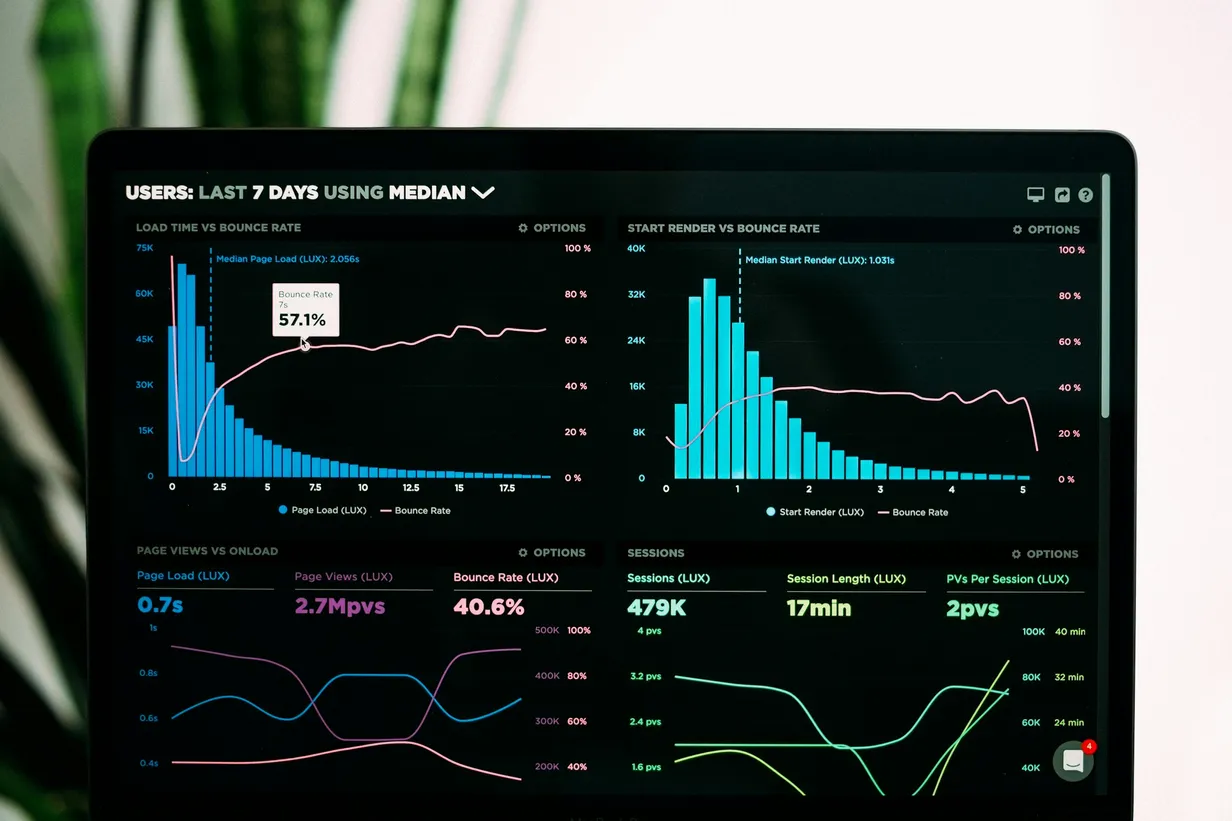
In the digital age, the speed of your website is not just a technical detail; it's a critical element of business success. A fast-loading website can significantly enhance user experience, improve search engine rankings, and ultimately increase conversion rates and revenue. Conversely, slow website speeds can frustrate users, damage brand reputation, and lead to lost sales. This article delves into the multifaceted impact of website speed on business success, supported by case studies and outlining strategies for optimization.
Impact of Fast Loading Websites
Fast-loading websites offer an instantaneously gratifying experience to users. This speed translates to improved user engagement, lower bounce rates, and a higher likelihood of users completing their intended actions, whether purchasing, signing up for a newsletter, or simply exploring more content. Studies have consistently shown a direct correlation between website speed and conversion rates, with even a one-second delay causing a significant drop in page views, customer satisfaction, and revenue.
Effects of Slow-Loading Websites on User Experience
Slow-loading websites are a significant deterrent for users. In an era where time is of the essence, waiting for a website to load can be frustrating and lead to a negative user experience. This dissatisfaction is often reflected in increased bounce rates and decreased user engagement and conversions. Slow speeds can tarnish a brand's image, making it seem less reliable and professional.
Case Studies Highlighting the Correlation Between Website Speed and Business Performance
Several case studies have highlighted the critical role of website speed in business performance. For instance, Amazon found that every 100ms delay in website load time decreased sales by 1%. Google also reported a 20% drop in ad revenue when page load time increased by just half a second. These examples underscore the direct impact of website speed on financial performance and user satisfaction.
Why Is Website Speed Important for SEO?
Website speed is a crucial factor in search engine optimization (SEO). Search engines, like Google, prioritize user experience in their ranking algorithms. A faster website provides a better experience and is likely to rank higher in search results, leading to increased visibility and organic traffic.
Understanding the Role of Website Speed in Search Engine Rankings
Search engines measure and evaluate the speed of websites as part of their ranking criteria. Faster websites are considered more efficient and user-friendly, which enhances their search engine rankings. This relationship between website speed and SEO underscores the importance of speed optimization in a comprehensive digital strategy.
Tools and Techniques to Optimize Website Speed for Better SEO
To optimize website speed, developers can use various tools and techniques. Google PageSpeed Insights, GTmetrix, and WebPageTest are popular tools that provide insights into website performance and actionable recommendations for improvement. Optimizing images, minimizing code, and leveraging browser caching can significantly reduce load times.
What Are the Common Factors Affecting Website Speed?
Several factors can impact website speed, including unoptimized images, server response time, and inadequate use of browser caching. Large image files can slow down page loading, while a slow server can delay content delivery to the browser. Properly configuring browser caching can help store frequently accessed resources on the user's device, speeding up subsequent visits.
How Can Businesses Improve Their Website Speed?
Improving website speed involves choosing the right hosting provider, which can offer the necessary resources and bandwidth for optimum performance. Implementing a Content Delivery Network (CDN) can also enhance speed by distributing content from servers closest to the user's location, reducing load times.
What Are the Best Practices for Website Speed Optimization?
Best practices for website speed optimization include minifying HTML, CSS, and JavaScript files to reduce their size and, thus, load faster. Lazy loading of images and videos can also improve speed by loading these elements only as needed. Regularly conducting website speed audits helps identify and rectify performance issues, ensuring a consistently fast and efficient website.
In conclusion, website speed is a pivotal factor in the success of businesses in the digital realm. By understanding its impact on user experience, SEO, and overall business performance and implementing strategies for optimization, businesses can significantly enhance their online presence and achieve their growth objectives.
Related Articles
Discover articles tailored to your interests, providing deeper insights and extended learning opportunities. Our "Related Articles" feature connects you with content that complements your current read, ensuring you have all the knowledge you need to make informed decisions about your business's online presence.






